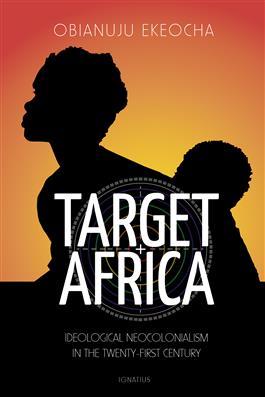What do you think?
Rate this book


225 pages, Paperback
Published February 1, 2018
‘During his 2013 visit to Senegal, United States President Barack Obama commented about the need to treat everyone as equals, especially in national policies and laws. He could have mentioned the women living in difficult circumstances across the continent or the plight of the poorest of the poor or the abhorrent caste systems or the deep racial and ethnic divides causing tension in many African countries. But, as serious as these problems are, it was very clear that President Obama had in mind only one issue—the normalization of the homosexual lifestyle in Africa.’She followed up his visit with a heartfelt letter which I have made available through my book highlights. The irony of the situation is palpable and her letter should be in every black child’s history textbook next to Dr. King’s “I Have a Dream” speech. The first (half)black United States President to come to Africa and does he offer black people help with what they really need? No! He comes to lecture them on behalf of something which goes against their way of life. How they must have felt betrayed. Many other black leaders at the time spoke out defending the African love of family as ‘one man-one woman’ and insisting that did not make them ‘homophobic’.
‘No doubt population control makes some sense from the point of view of the donor: supporting a smaller population costs less than supporting a larger one. And yet, if this way of thinking were extended to an act of personal charity, it would be considered outrageous. If my neighbors lost everything in a fire, and I included some condoms in a package of food and blankets I brought them, they would rightly be offended. So why is it acceptable for wealthy Westerners to send along contraceptives with their humanitarian aid after a hurricane or another natural disaster? Trying to stop people in the developing world from having children should be considered appalling, especially since doing so is not a development strategy. It is an invasion strategy, and that is the reason Africa must walk away from aid.EXCELLENT Book! Deserves 10 stars if I could give it! There are many other little surprises in here I was unable to mention because this review is already long enough. No, it is not a ‘fun’ book to read. But important. I would think it is an historic book too. No apologies for the length either.